Reef Tank Temperatures: How High Is Too High?
Updated on 05/26/24
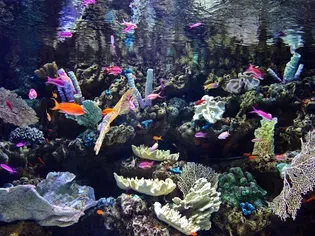
Reef Tank Temperatures: How High Is Too High?
Maintaining optimal water temperature is crucial for the health and well-being of your reef tank inhabitants. While corals and other marine life can tolerate a range of temperatures, exceeding certain limits can lead to stress, disease, and even death. In this comprehensive guide, we delve into the intricacies of reef tank temperatures, exploring the ideal range, the effects of high temperatures, and practical tips to keep your tank within the safe zone.
The Ideal Temperature Range for Reef Tanks
Most reef tanks should maintain a temperature between 76-82°F (24-28°C). This range provides the optimal conditions for coral growth, photosynthesis, and overall metabolic activity. Within this range, corals can thrive, exhibit vibrant colors, and maintain their health.
Effects of High Temperatures
When water temperatures exceed the ideal range, corals and other marine life can experience adverse effects. Here are some of the consequences of high temperatures:
* Coral Bleaching: Prolonged exposure to high temperatures can trigger coral bleaching, a process where corals expel their symbiotic algae (zooxanthellae), resulting in a loss of color and potential death.
* Reduced Metabolism: High temperatures can slow down the metabolic processes of corals and other organisms, impairing their ability to absorb nutrients, grow, and reproduce.
* Disease: Elevated temperatures can weaken the immune systems of marine life, making them more susceptible to diseases and infections.
* Reduced Photosynthesis: Corals rely on photosynthesis to produce energy. High temperatures can disrupt this process, limiting their ability to sustain themselves.
* Oxygen Depletion: Warm water holds less oxygen than cold water. As temperatures rise, the dissolved oxygen concentration in your tank can decrease, leading to respiratory stress for your livestock.
Examples of High Temperature Effects
* Acropora corals: These corals are highly sensitive to temperature changes and can bleach or die when exposed to temperatures above 84°F (29°C) for extended periods.
* Clams: Giant clams require stable temperatures between 78-82°F (26-28°C). Temperatures above 84°F (29°C) can cause mantle retraction and increased susceptibility to disease.
* Fish: Most marine fish can tolerate a wider temperature range, but some species, such as clownfish, prefer warmer temperatures, while others, like damselfish, prefer cooler conditions.
Tips to Keep Your Reef Tank Cool
Maintaining the ideal temperature range in your reef tank is essential. Here are some practical tips to keep your tank cool:
* Avoid direct sunlight: Place your tank away from windows or areas where it can receive direct sunlight. Sunlight can significantly raise the water temperature.
* Use a chiller: If necessary, invest in a chiller to regulate the temperature of your tank. Chillers remove heat from the water, ensuring stable and optimal conditions.
* Increase surface agitation: The surface of the water releases heat into the atmosphere. Increasing water movement through powerheads or wavemakers enhances heat exchange and lowers the temperature.
* Add frozen water bottles: As a temporary measure, you can add frozen water bottles to your tank to quickly cool it down. Ensure that the bottles are tightly sealed to prevent leakage.
* Use a fan: A fan can help dissipate heat from the water's surface and cool the air around the tank. Place the fan at a safe distance to avoid blowing water out of the tank.
Conclusion
Maintaining the correct temperature in your reef tank is paramount for the long-term health of your corals and other marine life. By adhering to the ideal temperature range, understanding the effects of high temperatures, and implementing effective cooling strategies, you can create a thriving underwater environment where your reef inhabitants can flourish. Remember to monitor your tank's temperature regularly and adjust accordingly to ensure the optimal conditions for your reef tank ecosystem.
Explore More Pets
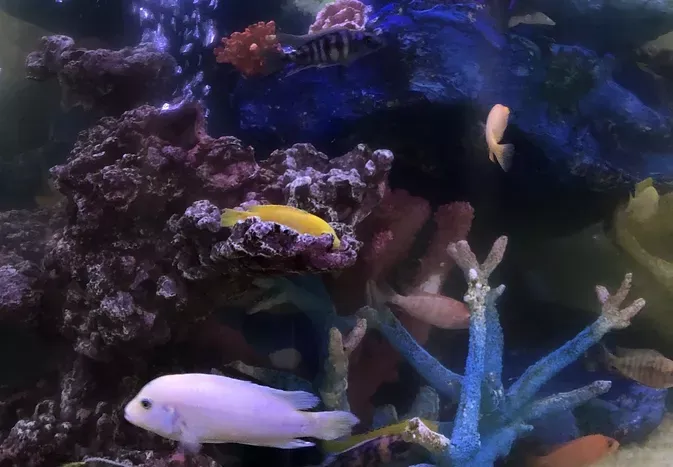
Freshwater Aquarium Filters
How to Deal With Cloudy Aquarium Water
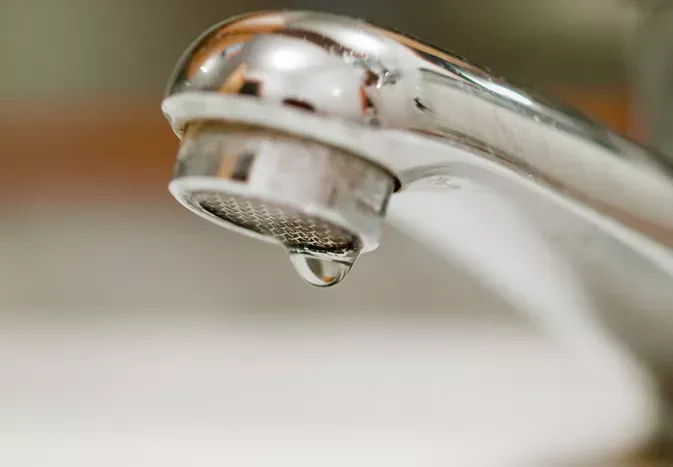
Saltwater Aquarium Filters
How Do You Remove Chloramines From Tap Water?
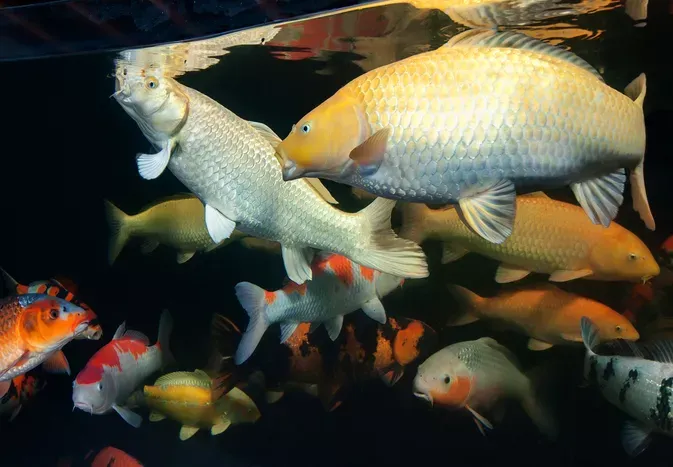
Freshwater Aquariums & Habitat
Can I Keep My Koi Fish Inside?
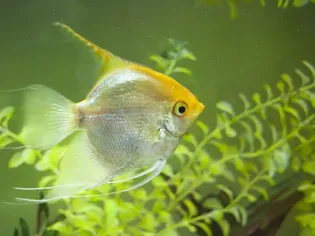
Saltwater Aquariums & Habitat
14 Best Floating Plants for Your Aquarium
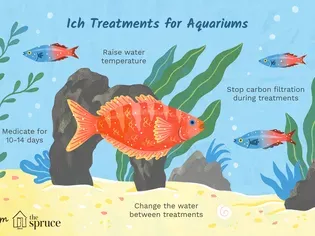
Freshwater Fish Health
How to Treat Ich on Freshwater Fish
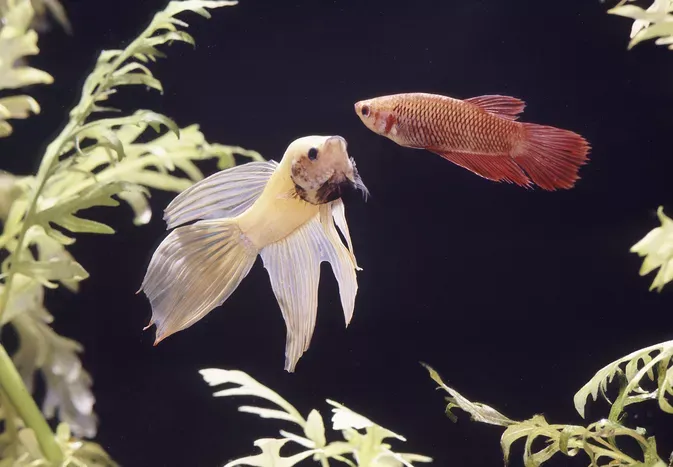
Saltwater Fish Health
Fin Rot in Aquarium Fish
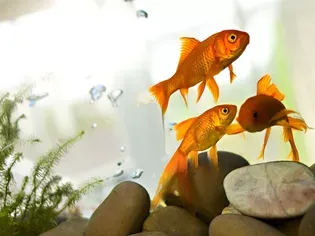
Freshwater Aquarium Filters
How to Do Aquarium Water Changes
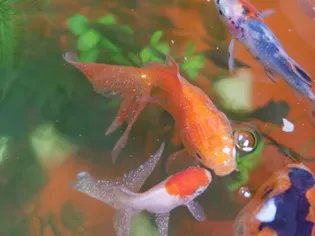
Saltwater Fish Health
How Do Fish Get Parasites?
